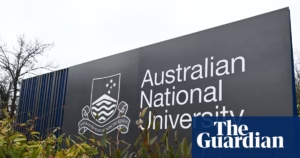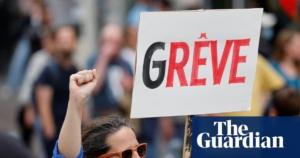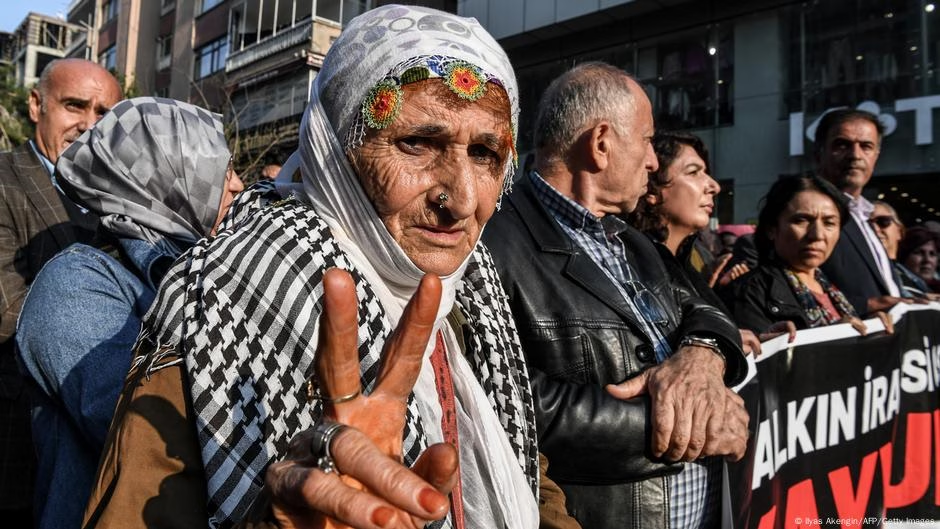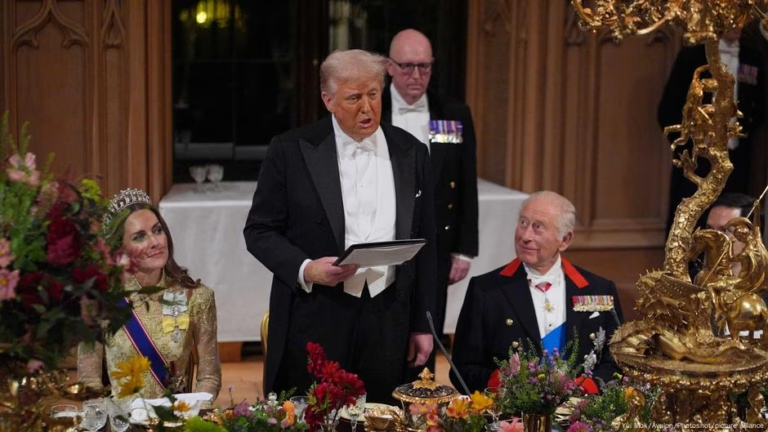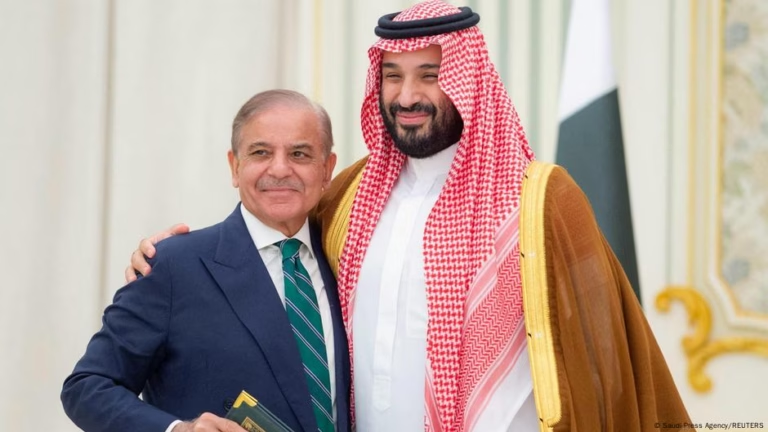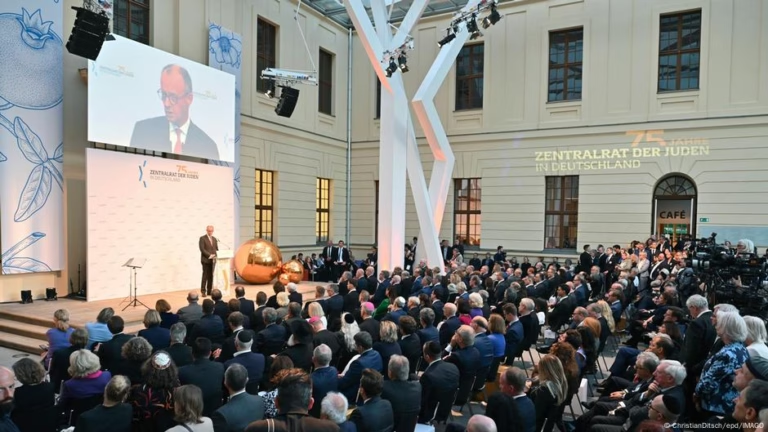The PKK: A brief timeline
The PKK was established in 1978 with the aim of creating an independent, socialist-oriented Kurdish state in the Middle East. It later revised its objective to seek recognition of Kurdish identity alongside political and cultural autonomy for Kurdish-populated areas.
With approximately 30 million Kurds around the world, the Kurds are the largest stateless ethnic group globally. Kurdish minorities primarily reside in southeastern Turkey, northern Iraq, Iran, and northern Syria.
The PKK, as a militant group, initiated an armed campaign against Turkey in 1984 from northern Iraq. Turkey, along with the European Union (EU) and the United States, view the PKK as a terrorist organization. Germany banned the PKK in 1993 and hosts a significant Kurdish diaspora.
Estimates suggest that the conflict between the PKK and the Turkish state has claimed over 40,000 lives. In recent years, most PKK fighters have retreated to Iraq and Syria but continue to launch attacks on Turkey.
A brief look at Abdullah Ocalan
Abdullah Ocalan, also known as Apo, co-founded the PKK and remains its recognized leader. He fled to Syria in 1979 to prepare for a Kurdish war of independence.
In 1998, under pressure, Ocalan fled Syria, seeking asylum in various countries before being abducted by Turkish secret services in Kenya in 1999. He was charged with treason, forming an armed organization, and separatism, ultimately receiving a life sentence. Ocalan is currently held in solitary confinement at Imrali prison.
Will the PKK heed Ocalan’s call to disarm?
Vahap Coskun from the Diyarbakir Institute for Political and Social Research believes Ocalan’s authority within the PKK is strong enough for his decisions to be widely accepted.
Coskun identifies four key players in the Kurdish autonomy question: the PKK’s military leadership in Iraq’s Qandil mountains, the confederation of European Kurdish associations in Brussels, the Kurdish self-administration in Syria’s Rojava region, and Turkey’s pro-Kurdish People’s Equality and Democracy (DEM) party. These have all signaled support for Ocalan should he decide to end the violence.
Previous peace attempts
Peace talks between the PKK and the Turkish government first began in 2009, followed by a second attempt featuring Ocalan and the People’s Democratic Party (HDP). This HDP party, a progenitor to the DEM, supported the peace process but was unsuccessful. Erdogan subsequently ended the peace talks, exacerbated by the conflict in Syria.
The Middle East crisis and its impact today
Coskun notes the complex dynamics in the Middle East pose both threats and opportunities for Turkey. Turkey aims to prevent the PKK and Kurdish forces from strengthening and sees the potential to emerge as a regional leader due to Iran’s current vulnerabilities, both of which would necessitate ending the armed conflict with the PKK.
Regardless of the current peace efforts, the Turkish government has increased its crackdown on Kurds and critics, with several hundred politicians, lawyers, human rights activists, and journalists arrested in one week.
This article was translated from German.

